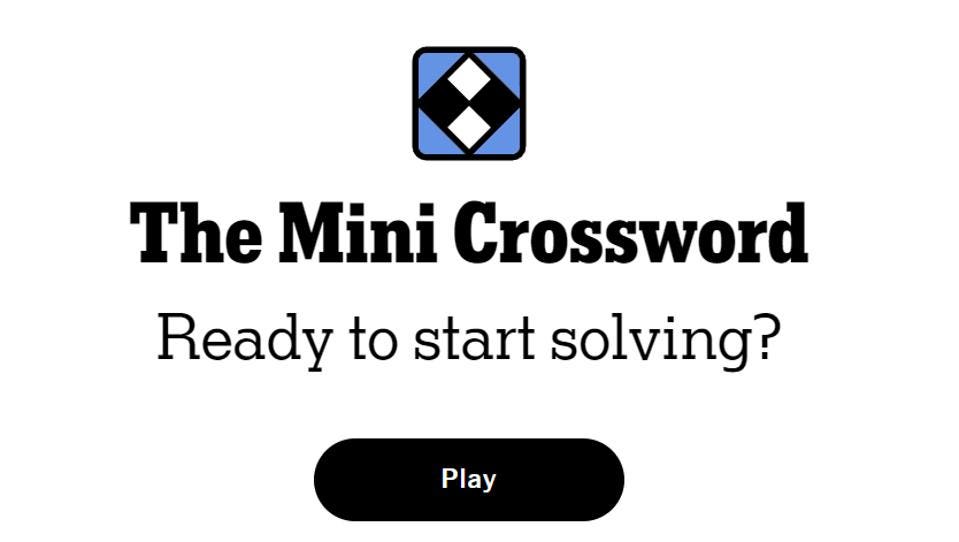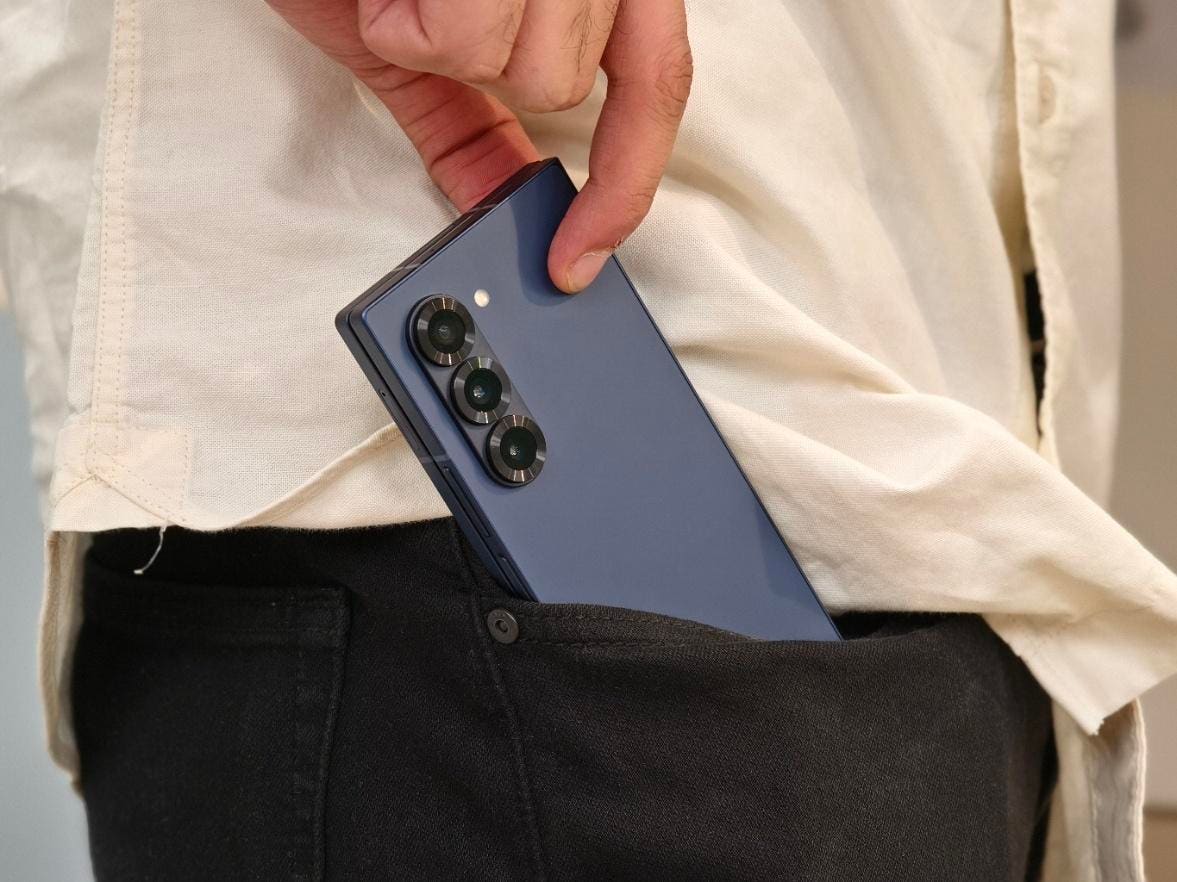A new blood test capable of detecting more than 50 types of cancer has delivered highly promising results in one of the largest interventional screening trials to date. The PATHFINDER 2 study of the Galleri multi-cancer early detection (MCED) test showed a more than seven-fold increase in cancer detection rates when added to standard recommended screenings.
Major Breakthrough in Cancer Screening
Results presented at the European Society for Medical Oncology Congress 2025 in Berlin revealed that more than half of the cancers detected were at an early stage (stage I or II), when they are most treatable. Approximately three-quarters of the cancers detected have no existing standard screening program—such as pancreatic, liver, ovarian, and stomach cancers.
“Cancer is the second leading cause of death worldwide as most deadly cancers are found too late,” said Dr. Josh Ofman, President of GRAIL, Inc.. “Adding Galleri to recommended screening yielded a more than seven-fold increase in the cancer detection rate, and more than half of the Galleri-detected new cancers were found in early stages, when cancers are more treatable and potentially even curable.”
How the NHS Is Putting It to Use
The UK’s National Health Service is already trialing the Galleri test in one of the world’s most ambitious screening studies. More than 140,000 participants are being enrolled, with topline results expected next year. The goal: to determine whether population-level deployment of MCED screening can fundamentally reshape cancer outcomes.
If the data replicate U.S. findings, the NHS plans to expand the test to an additional one million people, potentially ushering in the first national MCED screening program in the world.
Sir Harpal Kumar, President of Biopharma at GRAIL, told BBC Radio 4, “The vast majority of people who die from cancer do so because we find their cancers too late. The aim is to shift to earlier detection, when we have the chance to use treatments that are much more effective and potentially curative.”
This public health strategy is particularly critical in the UK, where many cancers—including ovarian, pancreatic, and stomach—are typically diagnosed at advanced stages. By integrating Galleri into existing programs like breast, bowel, and cervical screening, the NHS hopes to close the deadly gap between detection and effective treatment.
Implications for Population Health
Cancer screening saves lives—but current programs cover only a handful of cancer types. According to the U.S. Preventive Services Task Force, about 70% of cancer deaths come from cancers with no standard screening. A single blood test that can detect multiple cancers early could shift the entire landscape of oncology, with profound implications for mortality, cost, and health equity.
Dr. Nima Nabavizadeh of Oregon Health & Science University, who co-led the PATHFINDER 2 study, emphasized: “Galleri could fundamentally change our approach to cancer screening, helping to detect many types of cancer earlier, when the chance of successful treatment or even cure are the greatest.”
Population-scale early detection could also ease the economic burden of late-stage treatment. Cancer care represents one of the most expensive components of healthcare spending, with late-stage therapies costing multiple times more than early interventions. A shift toward earlier detection could mean both better outcomes and lower system-wide costs.
How the Test Works — And Why Its Predictive Power Matters
Unlike traditional diagnostics, Galleri is not searching for a single cancer. It analyzes fragments of cell-free DNA shed by tumors into the bloodstream, identifying chemical methylation patterns that signal the presence of cancer.
The specificity of Galleri is 99.6%, meaning it has a false positive rate of just 0.4%—the lowest among MCED tests. Its positive predictive value (PPV) is approximately 62%, meaning that nearly two-thirds of those who receive a positive result truly have cancer.
Equally important is the test’s ability to pinpoint where in the body the cancer originated. In PATHFINDER 2, Galleri correctly identified the cancer signal origin in 92% of cases, enabling physicians to focus diagnostic workups and minimize unnecessary procedures. Only 0.6% of study participants underwent invasive procedures, and no serious adverse events were reported.
As Dr. Ofman explained, “Any multi-cancer early detection test used for population screening should aim to detect as many aggressive cancers as possible before symptoms arise and maximize the likelihood that a positive test result is actually cancer. Galleri is doing just that.”
A Decade in the Making: The Grail Story
The origins of Grail stretch back to an unexpected discovery at Illumina, Inc. in 2015, when its non-invasive prenatal tests began detecting DNA signals from cancers in pregnant women. That insight led to the creation of Grail in 2016, with a bold mission: to build a “holy grail” test for early cancer detection.
Since then, Grail has raised capital, developed its methylation-based platform, and launched the world’s first commercial MCED test, Galleri, in 2021. Its journey mirrors the arc of modern precision medicine—leveraging genomic data, machine learning, and population-scale trials to transform public health.
Looking Ahead
Galleri’s results are exciting, but researchers emphasize that the ultimate measure of success will be whether early detection translates into fewer deaths. As Professor Clare Turnbull of The Institute of Cancer Research noted, “Data from randomized studies, with mortality as an endpoint, will be absolutely essential to establish whether seemingly earlier-stage detection by Galleri translates into benefits in mortality.”
Still, the momentum is unmistakable. With U.S. and UK trials moving toward regulatory review and potential population rollout, Galleri could become the first widely adopted MCED screening test. If successful, it may change the way the world thinks about cancer—from late-stage treatment to early-stage prevention.









